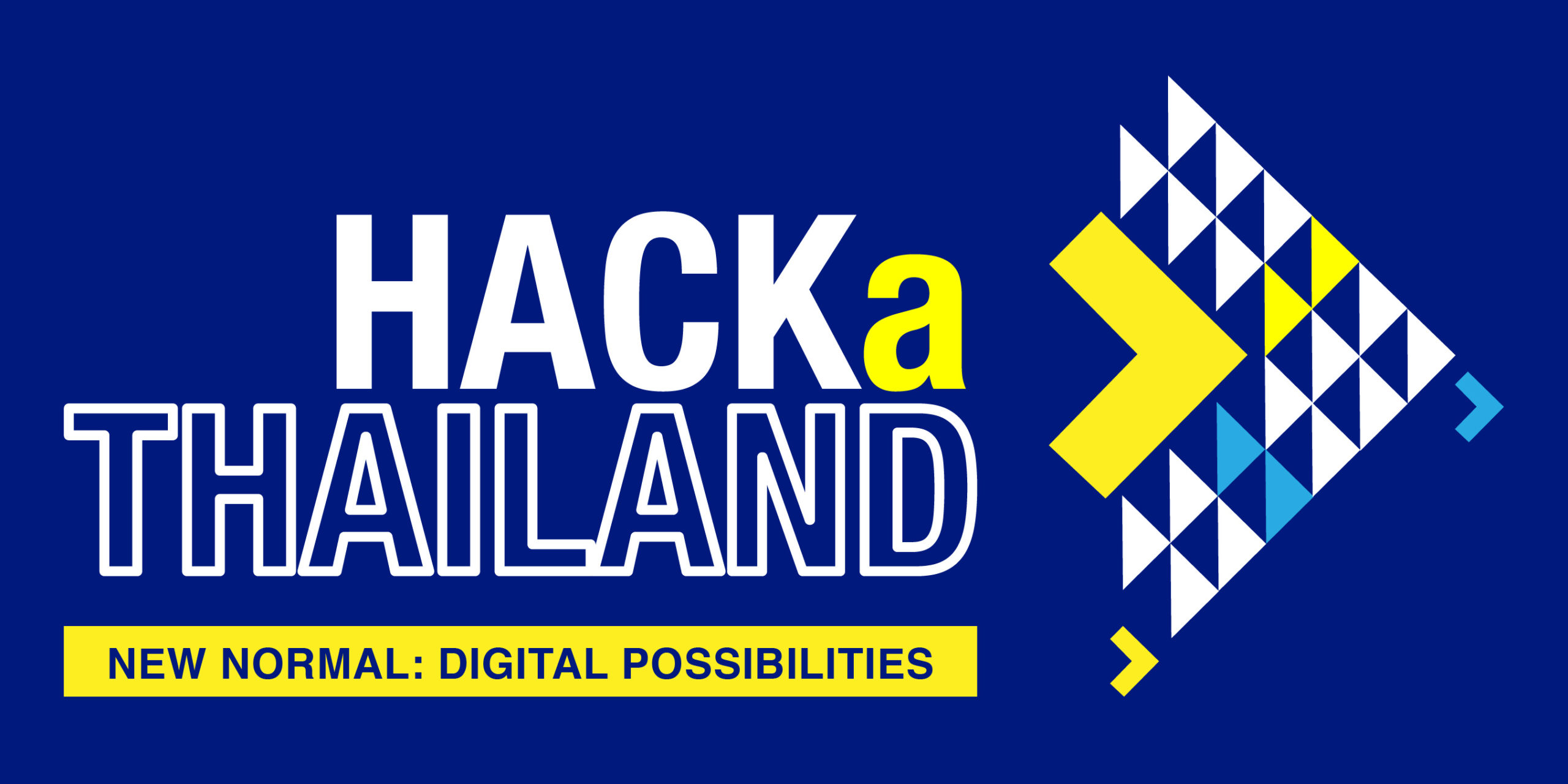Home › Forums › Public Forum › Behind the Curtain: How Gambling Site Verification Services Protect Digital Trus
-
Behind the Curtain: How Gambling Site Verification Services Protect Digital Trus
-
In an era where digital interaction dominates and virtual platforms manage a significant portion of entertainment, the integrity of those platforms becomes paramount. In the world of online gaming and real-time odds analysis, this responsibility often falls on the shoulders of verification services. Right in the middle of this scrutiny lie trusted evaluators like The Digital User’s Playbook and intergameonline, both of which represent the evolution of how trust is built in digital ecosystems. Their presence within this space is more than incidental—it reflects an increasing need for accountability and layered transparency.
The first point to understand is that a gambling site verification service doesn’t merely validate that a domain exists or that it loads properly. It’s a multi-tiered assessment of operational legitimacy, policy enforcement, user safety protocols, system uptime, data protection compliance, payout records, and customer conflict resolution logs. These platforms dive deep into user complaints, conduct hidden testing, and inspect regulatory licenses. It’s not uncommon for their reviewers to anonymously engage with a platform, triggering support queries, requesting withdrawals, and analyzing response times to detect any hidden red flags.
What makes these verification services so critical is their preventive nature. Rather than relying on public backlash after a mishap occurs, they work proactively, signaling risks and publishing verified results. They often maintain databases of previously flagged sites and track their activities long after they’ve changed domains or rebranded. This level of vigilance transforms passive users into informed participants, giving them tools to navigate a cluttered digital landscape.
Moreover, these services often operate independently, without affiliation to the platforms they review, allowing them to issue unbiased reports. They rely on large community feedback loops and historical usage patterns. A pattern of delayed payouts? That’s documented. A customer service system that shuts down during major events? Highlighted. Through algorithms trained on years of industry behavior, these platforms become not just a review board but an early detection system, guiding users away from high-risk zones and toward experiences that honor transparency.
How Verification Changes User Behavior and Platform Accountability
The impact of gambling site verification services ripples far beyond individual safety. It cultivates a system where trust is rewarded and deception is punished through visibility. Verified platforms are featured on curated lists, enjoy higher traffic, and see more repeat users. In contrast, platforms that fail verification or resist transparency often find themselves slowly phased out of the online conversation. The behavior shift is two-fold: users become more discerning, and platforms start cleaning up their act.
Many online users today know to check reviews before clicking into any site, but there’s a growing awareness of the deeper tools at their disposal—specifically, those services that specialize in verification. These aren’t surface-level testimonials. They’re in-depth forensic audits of system behavior and platform accountability. These services often assess SSL certification, multi-factor authentication support, data encryption, terms of service discrepancies, and third-party audit trails. This type of review goes beyond what casual forums provide and elevates the user’s decision-making power.
Another important evolution is the growing cooperation between regulators and verification services. In countries where online platforms are partially regulated, these services act as intermediaries—helping identify violators and submitting reports to governing bodies. In this collaborative model, users who report issues are not simply filing complaints into a void but are contributing to a chain of accountability with consequences. The tools used today include blockchain tracking, smart contract evaluations, and code audit verifications—technical benchmarks that reflect a platform’s intent to operate ethically.
Even more compelling is the ripple effect on design and user interface. Platforms that undergo verification often begin redesigning with transparency in mind: public audit logs, visible support metrics, terms of service comparisons, and payout trackers. When users see this level of openness, their confidence grows, creating a cycle of trust that verification services help initiate. The cycle continues as more platforms mimic this approach to remain competitive.
The Future of Online Integrity Through Third-Party Audits
Looking ahead, the concept of verification will not just be a luxury—it will be a standard. As AI tools become more sophisticated and fraud detection technologies evolve, users will come to expect advanced transparency as a basic function of any online service. Gambling site verification services will not remain niche—they will become household names. They will begin offering browser plugins, real-time warnings, and platform-specific grading based on continuously updated audits.
Furthermore, the inclusion of user-generated transparency models will define the next generation of verification tools. Think of reputation scoring systems that combine verified user feedback with AI-analyzed trends. As users interact, their experiences will contribute to a wider scorecard, rewarding platforms that maintain consistent transparency. Third-party platforms will visualize these trends in dashboards and mobile apps, making the verification process accessible even for novice users.
One emerging concept is “dynamic verification”—where a site’s grade changes daily based on current metrics, not just historical ones. This real-time approach would give users alerts if a site suddenly delays payouts or modifies its payout terms without notice. Coupled with smart contract monitoring and third-party data integration, dynamic verification promises a more reactive and protective environment for users navigating unpredictable online spaces.
In conclusion, gambling site verification services are not merely watchdogs—they are the architects of digital integrity. As online spaces grow, the tools to evaluate them must evolve in complexity, depth, and accessibility. These services help users transform fear into informed action and confusion into strategy. They signal a shift in online behavior—from taking chances to making choices. And in that shift, the internet becomes a place where transparency isn’t optional—it’s expected.
-
This discussion was modified 1 month, 3 weeks ago by
 reporto tosite.
reporto tosite.
-
This discussion was modified 1 month, 3 weeks ago by
 reporto tosite.
reporto tosite.
-
This discussion was modified 1 month, 3 weeks ago by

